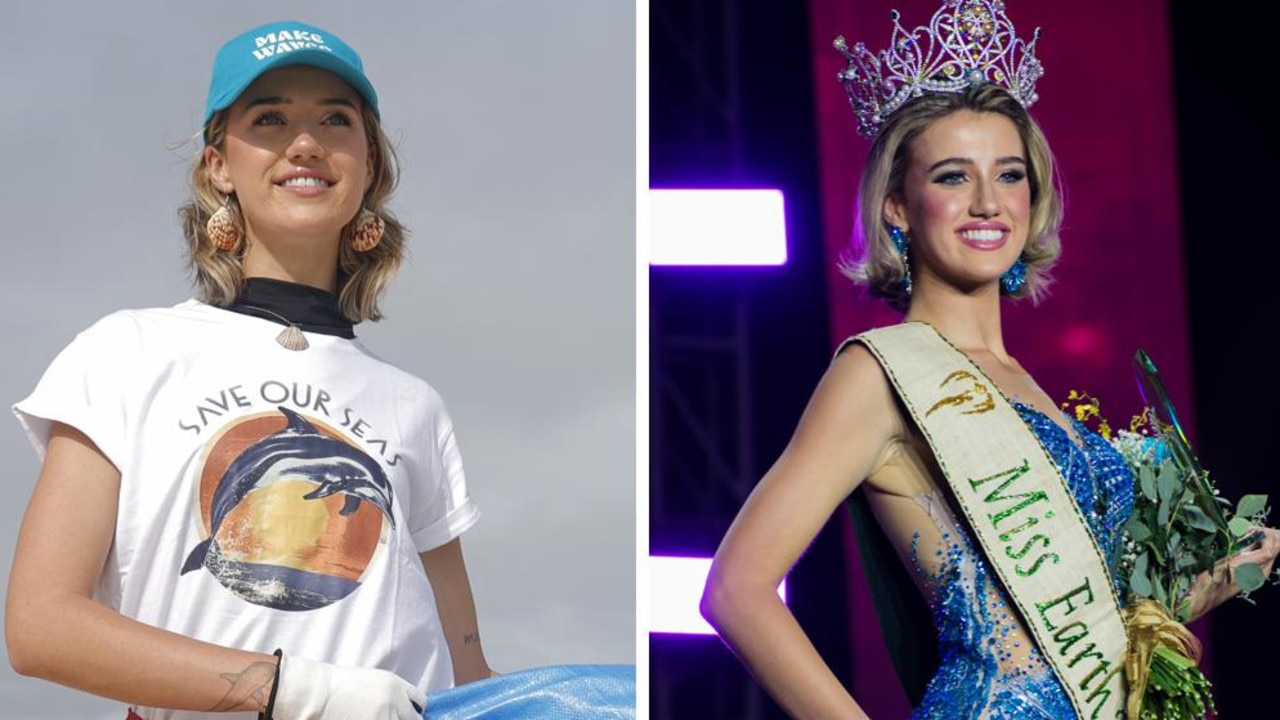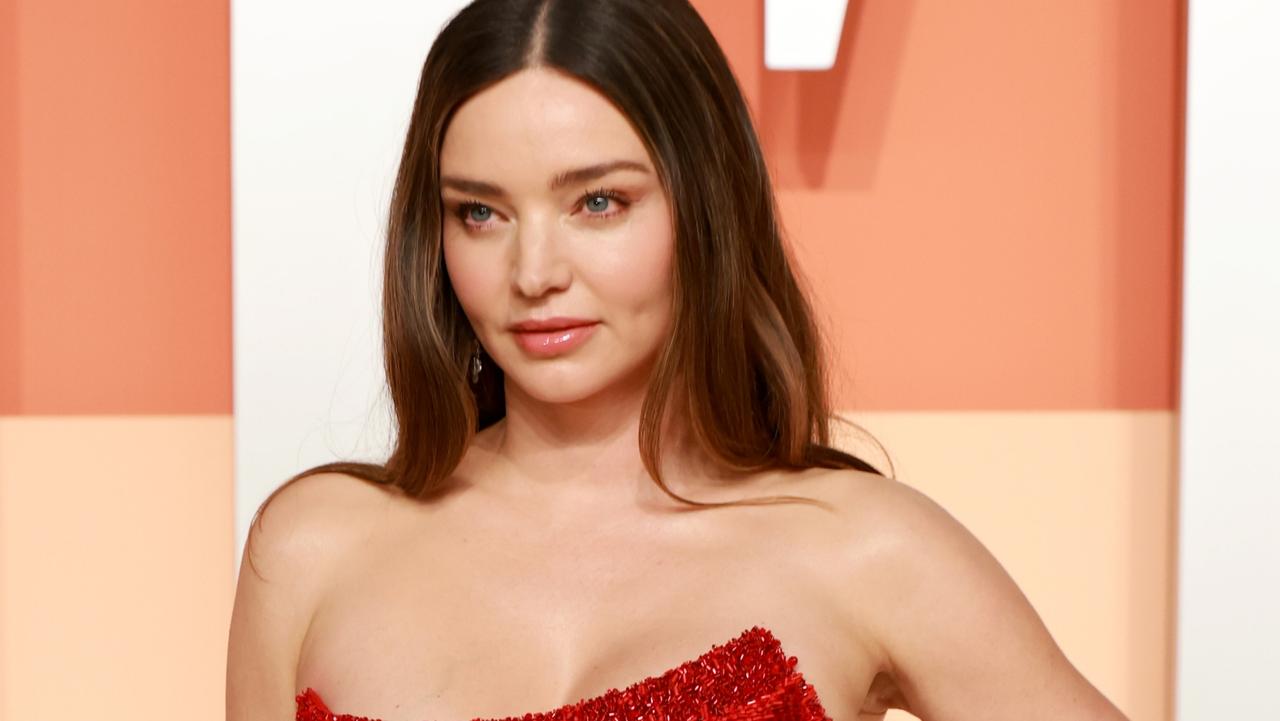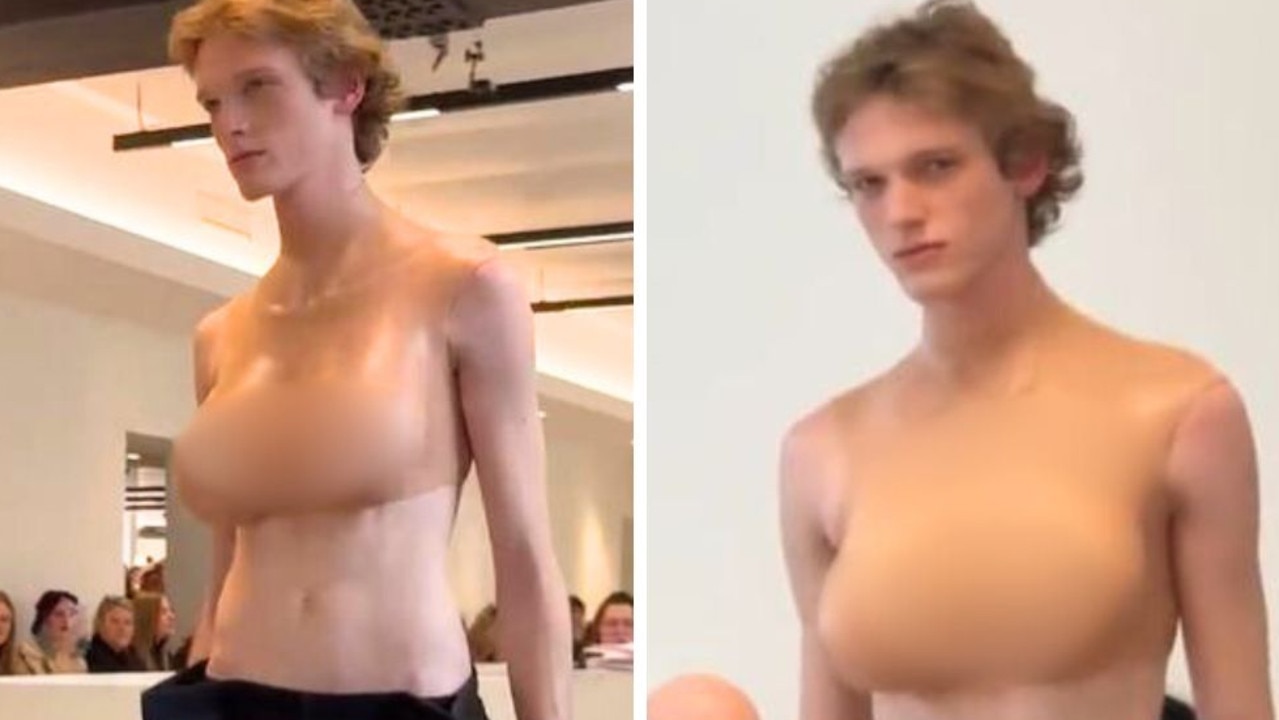Victoria’s Secret Fashion Show’s 2023 return, four years after cancellation
Victoria’s Secret’s once-coveted fashion show will make its comeback, four years after it was cancelled amid a storm of controversy.
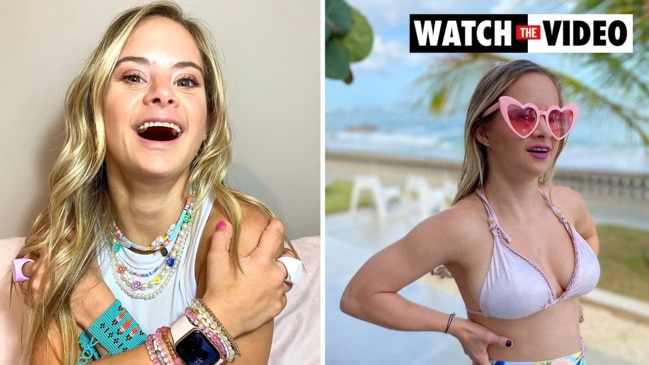
Victoria’s Secret’s once-coveted fashion show is set to make its comeback after a four-year hiatus.
The news was first reported by Retail Dive following the company’s fourth quarter 2022 earnings call last Friday.
“We’re going to continue to lean into the marketing spend to invest in the business, both at top-of-funnel and also to support the new version of our fashion show, which is to come later this year,” chief financial officer Timothy Johnson said.
A spokesperson for Victoria’s Secret & Co told People that the company is committed to championing women and is “always innovating and ideating in all spheres of the business to continue to put our customer at the centre of all we do”.
“As we previously shared, our new brand projection and mission will continue to be our guiding principle,” they said. “This will lead us into new spaces like reclaiming one of our best marketing and entertainment properties to date and turning it on its head to reflect who we are today. We’re excited to share more later this year.”
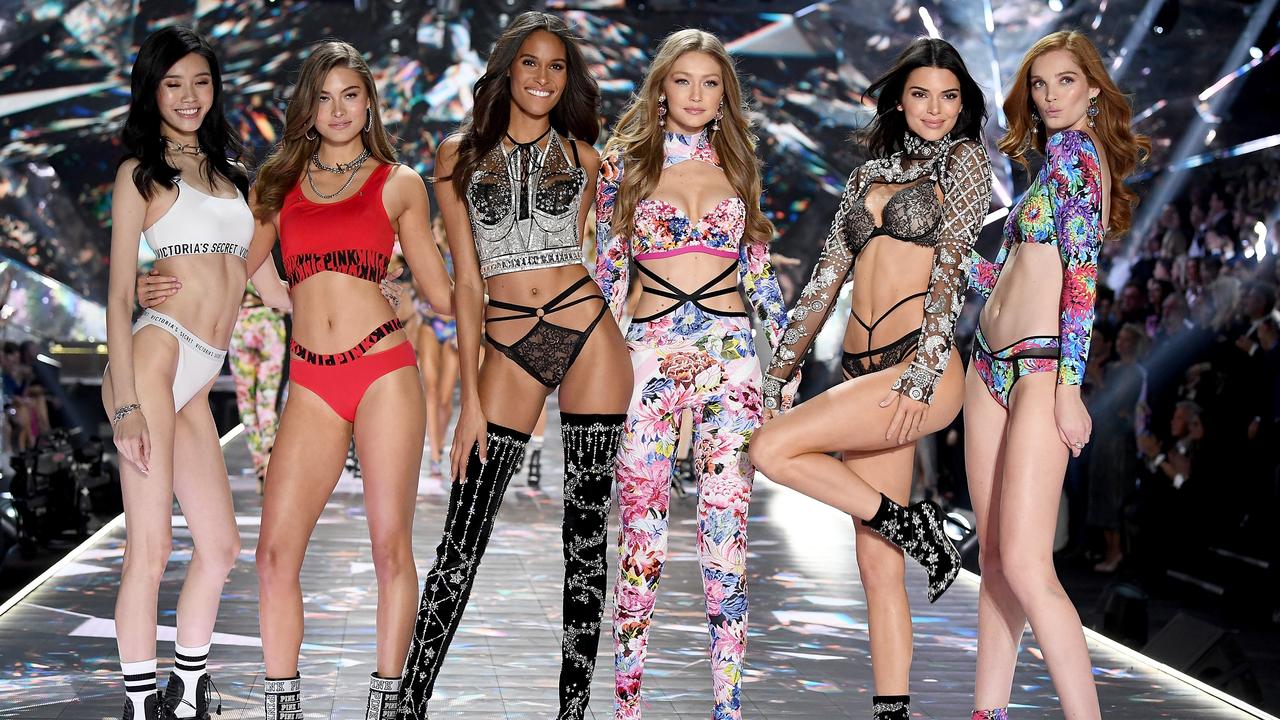
The annual televised event, launched in 1995, was sold to women as the epitome of female beauty for more than two decades. The shows saw the brand’s so-called Angels model its lingerie, while wearing wings that weighed as much as 13kg, and sometimes wrapped in literal bows. Musical acts would also perform at the shows, which over the years included Rihanna, Kanye West, Harry Styles and Taylor Swift.
The fashion show was ultimately axed in 2019, amid criticism ranging from cultural appropriation of costuming (over a Native American-inspired headdress) to the staunch hiring of models with a homogenous body type.
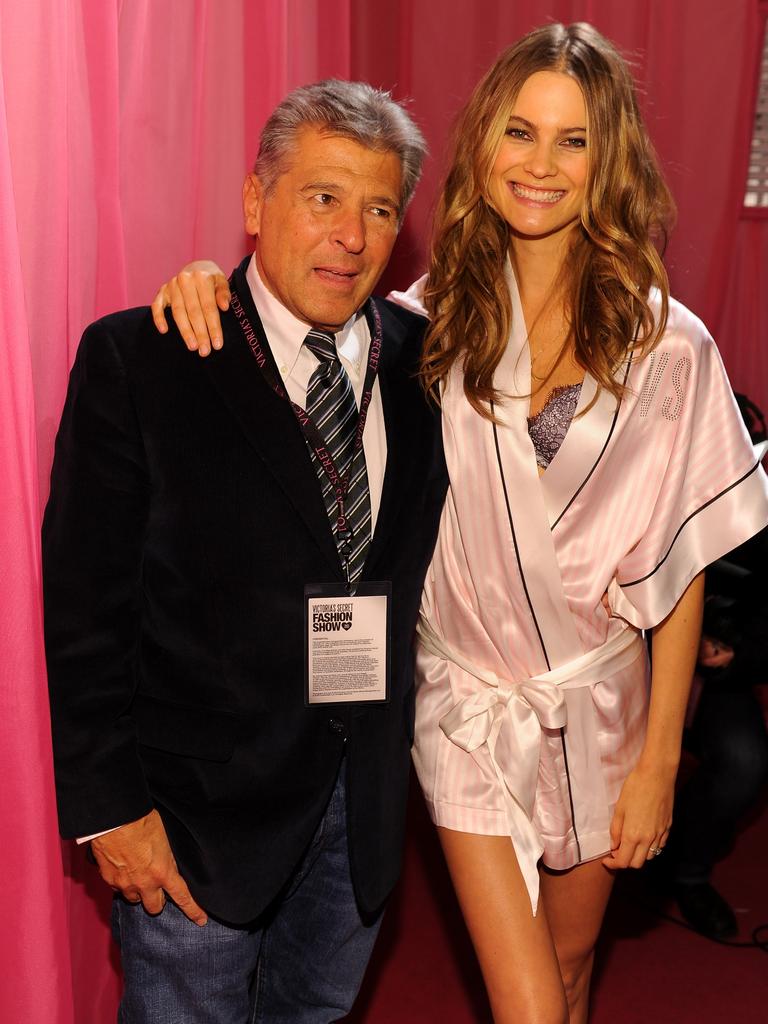
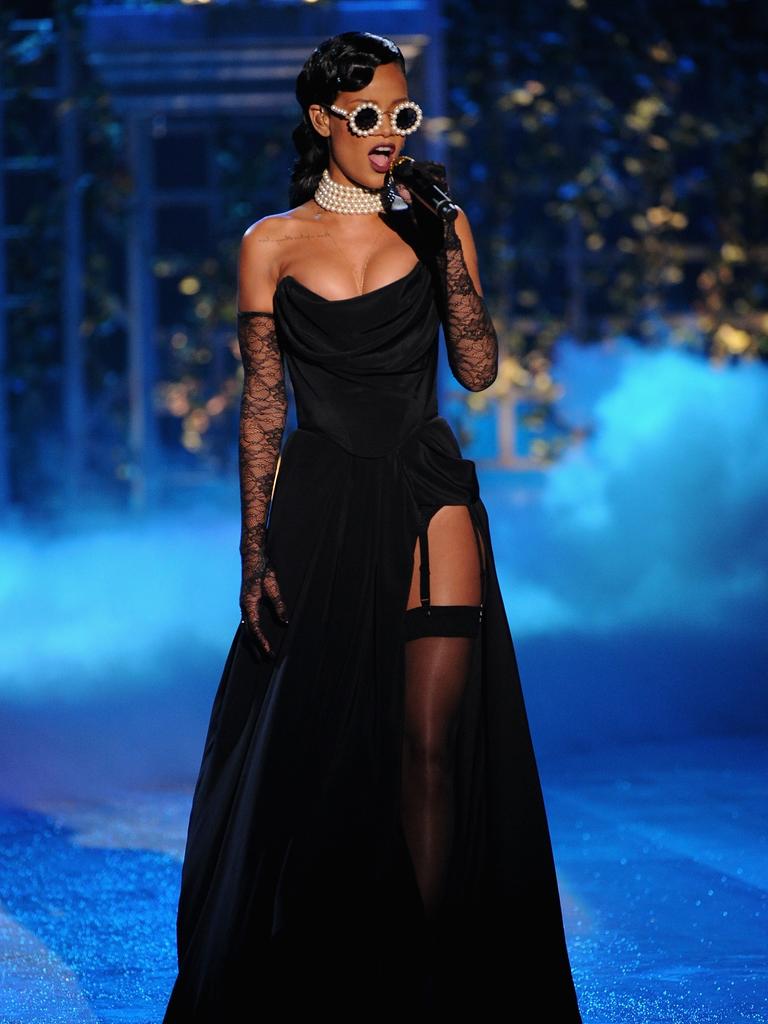
A damning 2020 article in The New York Times exposed a culture steeped in misogyny, bullying and harassment, allegedly cultivated by former chief marketing officer Ed Razek and L Brands chief executive Leslie Wexner.
Mr Razek was the subject of repeated complaints about inappropriate conduct, including allegedly trying to kiss models, asking them to sit on his lap, and touching one’s crotch ahead of the 2018 show.
He denied the allegations at the time, telling the Times in an email: “The accusations in this reporting are categorically untrue, misconstrued or taken out of context.
“I’ve been fortunate to work with countless world-class models and gifted professionals and take great pride in the mutual respect we have for each other.”
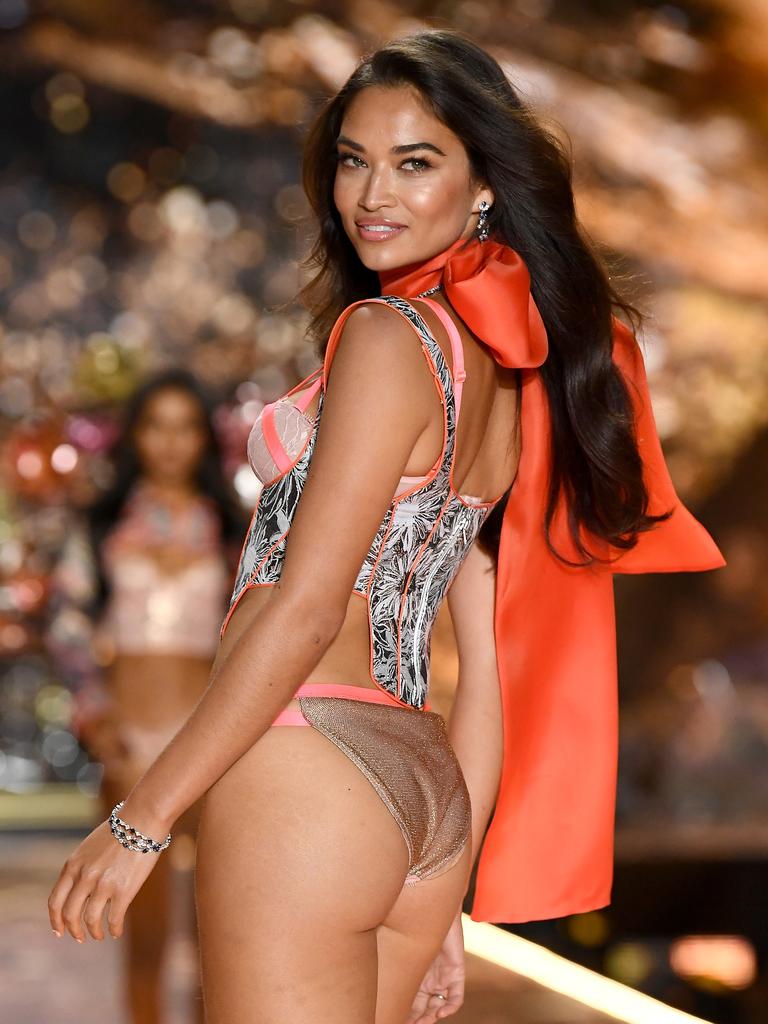
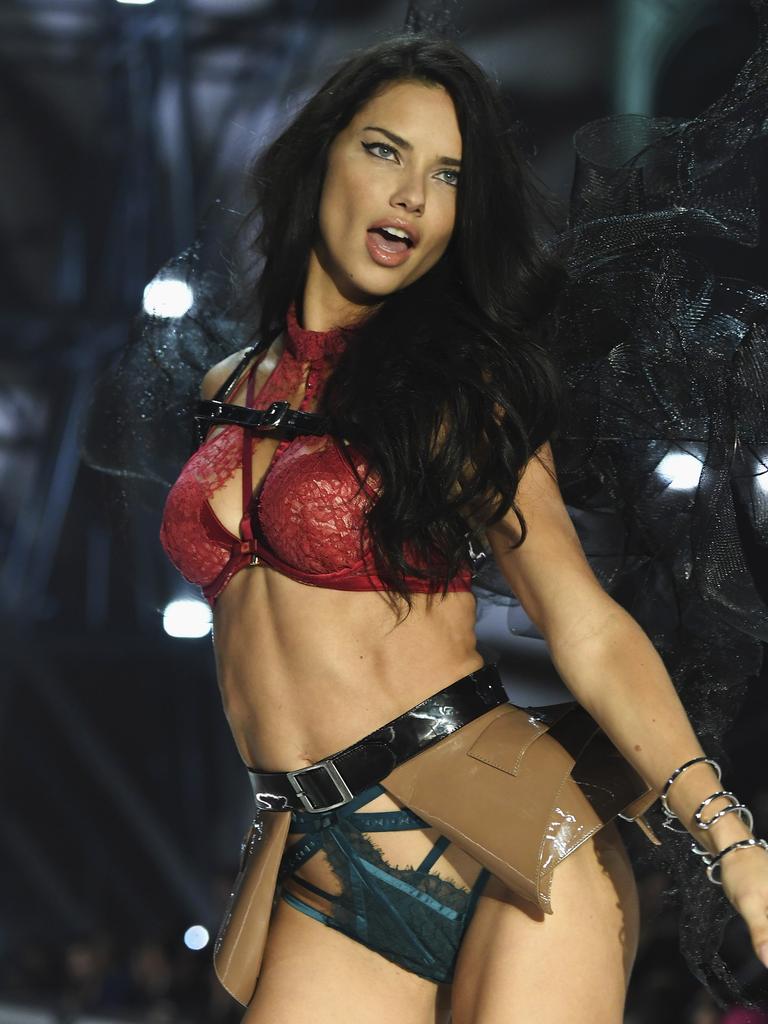
The 2022 Hulu documentary, Victoria’s Secret: Angels And Demons, looked deeper into the brand’s history of body-shaming and misogyny.
It also examined Mr Wexner’s long friendship with convicted paedophile and sex trafficker Jeffrey Epstein.
Mr Epstein, who died by suicide while awaiting trial, allegedly used his association with the lingerie firm to procure young models.
The company broke off from Mr Wexner and became Victoria’s Secret & Co in August 2021. In an effort to resuscitate its image, it launched partnerships with the likes of soccer star Megan Rapinoe, transgender model Valentina Sampaio, plus-size model Paloma Elsesser and Puerto Rican model Sofia Jirau, who has Down syndrome.
Chief executive Martin Waters said the Angels are no longer “culturally relevant”, telling The New York Times Victoria’s Secret “needed to stop being about what men want and to be about what women want”.
Mr Waters hinted at the time the fashion show would most likely return, though in a very different form.
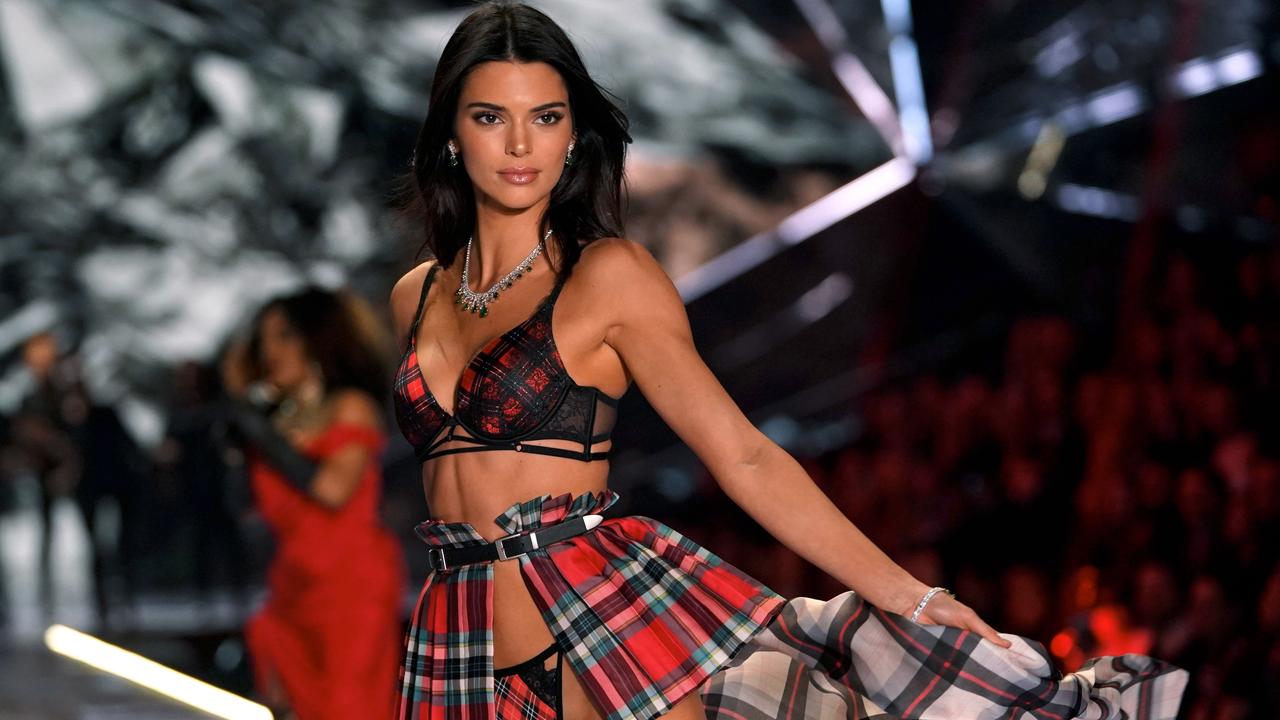
Not everyone was impressed with the overhaul, however.
More Coverage
An ad campaign last year, which featured women of different skin colours, ages, shapes and abilities, sparked outrage on Twitter, with dozens calling the lingerie too “utilitarian” and urging the brand to “bring back the wings”.
“It seems as if a mass psychological event has occurred and half the world has forgotten the conversation about why VS, as it is now known, needed to change in the first place,” Vanessa Friedman wrote in response to the backlash.
“Forgotten that strutting around in stilettos, bikini bottoms and a push-up bra with a skirt of balloons attached to your heinie (as the models did in one show) was not really a dream outfit for anyone … Bringing those outfits back in an inclusive way is just advocating for equal opportunity objectification, and there’s nothing glamorous about that.”




